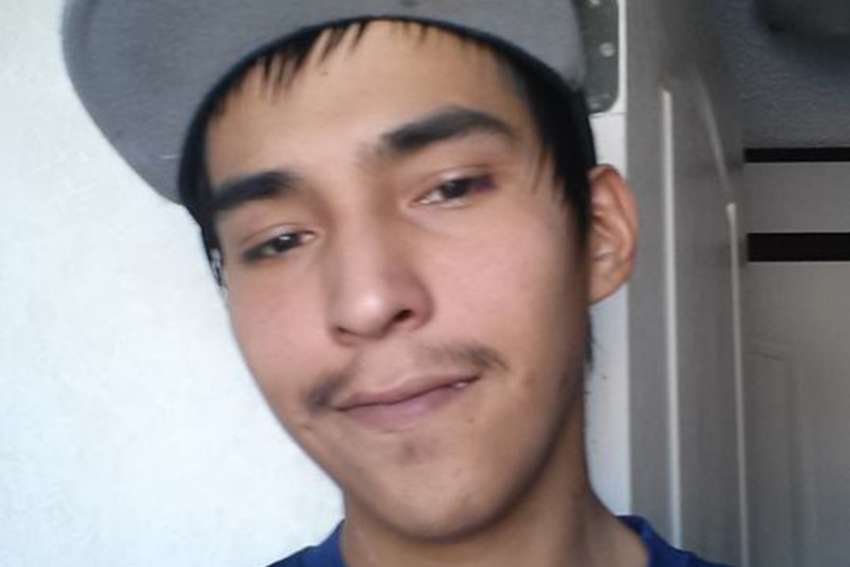
OTTAWA – In the wake of the Colten Boushie case, churches can facilitate reconciliation by reaching out to both of the families and communities, says a Catholic Indigenous leader.
Prayer for peace in Congo, South Sudan a call to action, cardinal says
With growing student activism on gun violence, will lawmakers act?
Refugee, migrant children should not be detained like criminals, U.N. speakers say
Christian leader, English bishop add to outcry over attacks in Syria
Since Gerald Stanley was acquitted Feb. 9 of second-degree murder in Boushie’s death, the focus has been on the Boushie’s family, said Harry Lafond, a member of the Canadian Catholic Aboriginal Council (CCAC) from the Muskeg Lake Cree Nation.
“If we’re going to think and feel this in terms of Christ’s message, the churches, the faith communities need to reach out to both of these families,” said Lafond. He commended the extended family of Colten Boushie for their reaction to the jury verdict, which “was not about revenge, or getting even or anything like that.”
Their message was “we can’t allow Colten Boushie’s life to be without meaning, and the meaning should be about bringing about change where there is injustice in Canada,” said Lafond. “They focused attention on the justice system in Canada, because it is so blatantly inappropriate to the lives of Indigenous peoples.
“It just does not work for the general Indigenous population,” he said. “The evidence is very, very blatant when you go to the jails, to the penitentiaries.
“For them to come out, expressing that sentiment, they really were showing an amazing leadership for Saskatchewan people and for Canadians.”
The Boushie family met with Prime Minister Justin Trudeau and ministers in Ottawa, and “continued to provide that leadership,” Lafond said. “I think the Church needs to pay attention to that. If we don’t pay attention to that kind of leadership, we’re going to continue to wallow in this racist environment that’s bubbled to the surface since that young man was killed.”
Lafond said one thing missing in the public response is recognition of the Stanley family.
“Whether it was an accident or it was something else, I can’t image Gerald Stanley’s life is going to return prior to that evening when Colten Boushie died.”
Stanley was charged after he shot and killed Boushie, who had trespassed on Stanley’s farm with friends in 2016. Stanley said his gun went off by accident and he was found not guilty by an all-white jury.
Churches can also find a way to help both communities — the Red Pheasant Cree Nation and the farming community in the Biggar, Sask. — to “walk into the same room and begin to have a relationship not based on hatred, suspicion and stereotyping,” Lafond said.
The Catholic, Anglican and Lutheran bishops of Saskatchewan issued a joint-statement Feb. 15 making a “renewed commitment to pursue meaningful, respectful dialogue and the building of positive relationships between all peoples,” so as to “reject the evils of racism and division.”
John Somosi, a Métis from Saskatoon now living in Ontario, said the Prairie provinces are “unique places in Canada,” where “the societal acceptability of racism is quite different.”
“I think it’s vital that we remember the battle against racism isn’t even close in some places in Canada,” said Somosi, who runs Sky Buffalo, a consulting company that raises awareness of Indigenous culture and traditions.
Comments
Post a Comment